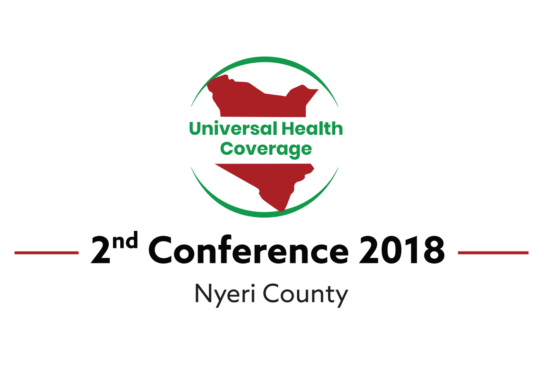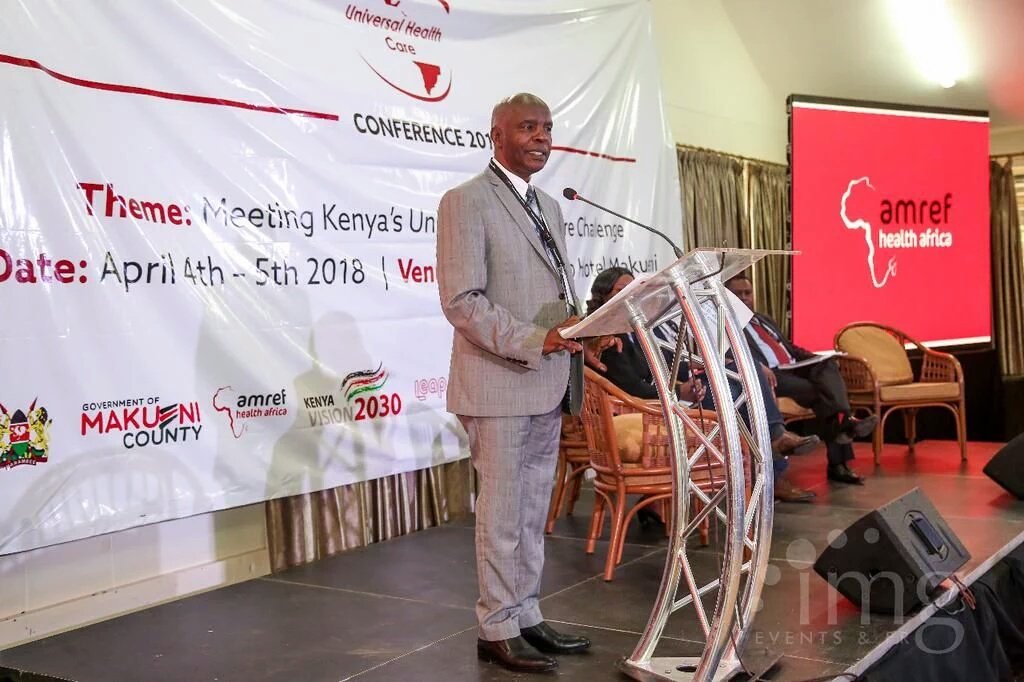
Together with other United Nations member states, Kenya is working toward worldwide universal health coverage by the year 2030. According to the World Health Organization, Universal Health Coverage/Care (UHC) is defined as ‘the ability for persons to receive the health services they need without suffering financial hardship’.
To break it down even further, this means that all people and communities can use the promotive, preventive, curative, rehabilitative and palliative health services they require, of sufficient quality to be effective, while also ensuring that the use of these services does not expose them to financial hardship.
As the Kenya Vision 2030 aims to transform Kenya into a newly industrializing, middle-income country providing a high quality of life to all its citizens by 2030, it is vital that universal health care is achieved. We believe that, good health and nutrition boosts the human capacity to be productive and that in turn enhances economic growth and contributes to poverty reduction. The Social Pillar of the Kenya Vision 2030 seeks to invest in the people in order to improve the quality of life for all Kenyans by targeting a cross-section of human and social welfare projects and programmes with Health as a key sector.
The Constitution, through the chapter on Bill of Rights, puts a heavy responsibility on the health sector to ensure that the right to health is realized. The provisions of this Bill, especially the right to life and the right to the highest attainable standard of health, including reproductive health and emergency treatment, have also raised the expectations of the citizens regarding healthcare. It is through this that the goal of the Health Sector as outlined in the Social Pillar of Kenya’s Vision 2030 is to provide equitable, affordable and quality healthcare to all citizens.
Most recently, Kenya has significantly made great strides in our goal towards achieving Universal Health Care. The first ever Universal Health Care Conference was held in Makueni County in April this year under the theme “Meeting Kenya’s Universal Health Care Challenge”.
The key pointers from this conference were:
- Universal Healthcare Care is possible.
- Strategic partnerships are key to realisation of UHC.
- The realisation of UHC has the potential to leapfrog this Kenya to the middle income level.
For us to be able to achieve our goal of Universal Health Care for all Kenyans by 2030, emphasis will need to be placed on some key areas such as the scaling up maternal and child health, immunization coverage, prevention of non-communicable diseases particularly diabetes and hypertension, prevention of water borne, TB and HIV sexually transmitted diseases among others. To begin with, focus has been made on preventable and primary health care taking steps towards developing reproductive, maternal, neonatal, child and adolescent health.
The theme of the second Universal Health Care Conference has a special focus on solutions that can counter the increasing concern around non-communicable diseases which are responsible for over 55% of deaths in Kenya.
More information on www.uhckenya.org
